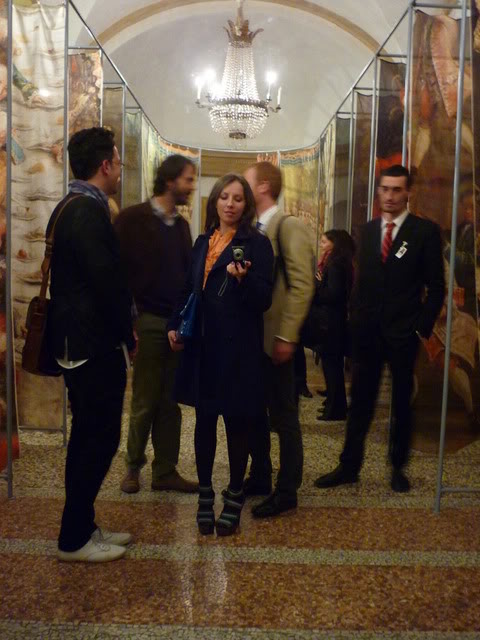The world was not made for man. Man is the master of nature and is mastered by it. He is the only living creature who not only resists, but overcomes the laws of nature and extends his authority by energy and force of will. But to say that the universe was made for man is a very different matter. All man's constructions are as transitory as himself; time overthrows his buildings and blocks his canals, it reduces his knowledge to nothing and obliterates the very names of his nations. Where is Carthage now? Where is Nineveh? They say that each generation inherits from those that have gone before; if this were so there would be no limit to man's improvements or to his power of reaching perfection. But he is very far from receiving intact that storehouse of knowledge which the centuries have piled up before him; he may perfect some inventions, but in others, he lags behind the originators, and a great many inventions have been lost entirely. What he gains on the one hand, he loses on the other. I have no need to point out how harmful to morality, and even to health, many of his so-called improvements have been. Some, by removing or reducing the need for exertion and hard work, have diminished our patience to endure evils, and the energy that was given to us to overcome them. Others again, by increasing luxury and an appearance of wellbeing, have fatally affected the health of generations to come and have brought about a general decline in morals. We borrow from nature such poisons as tobacco and opium and make them the instruments of our gross pleasures, and we are punished by loss of energy and the degradation of our minds. Entire nations have been reduced to a form of slavery by immoderate use of stimulants and strong drink. No sooner do nations reach a certain stage of civilization than they find themselves growing weaker, especially in their standards of courage and morality. This general loss of energy, which is probably a result of the increase in pleasure and easy living, brings them to swift degeneration and to the neglect of the tradition that was their safeguard - their standard of national honour. In such circumstances it is hard for a nation to resist conquest. There will always be peoples ready to enrich their selves at the expense of degenerate nations, either because they are essentially barbarous, or because they still retain their courage and spirit of adventure. This easily foreseeable catastrophe sometimes turns out to be a source of new life to the conquered peoples. It purifies the air like a storm of a hurricane and brings fresh seed to an exhausted land. Sometimes a new civilization rises from the ruins, but centuries must pass before the arts of peace can flourish again. Those arts which in their turn are destined to lead to softer ways of living and the corruption of moral standards bring about once more the eternal succession of greatness and misery, proof of man's weakness, but also of the astounding power of his genius.
~ I have developed quite the soft spot for Eugene Delacroix since reading his Journal last year. I love this entry, where he borrows the Tacitean/Juvenalian argument that luxuries lead to civic corruption and remixes it with the Polybian view of the cyclical nature of governmental forms, all the while struggling between despair and admiration toward the capabilities of his fellow humanity. Wonderful.




No comments:
Post a Comment